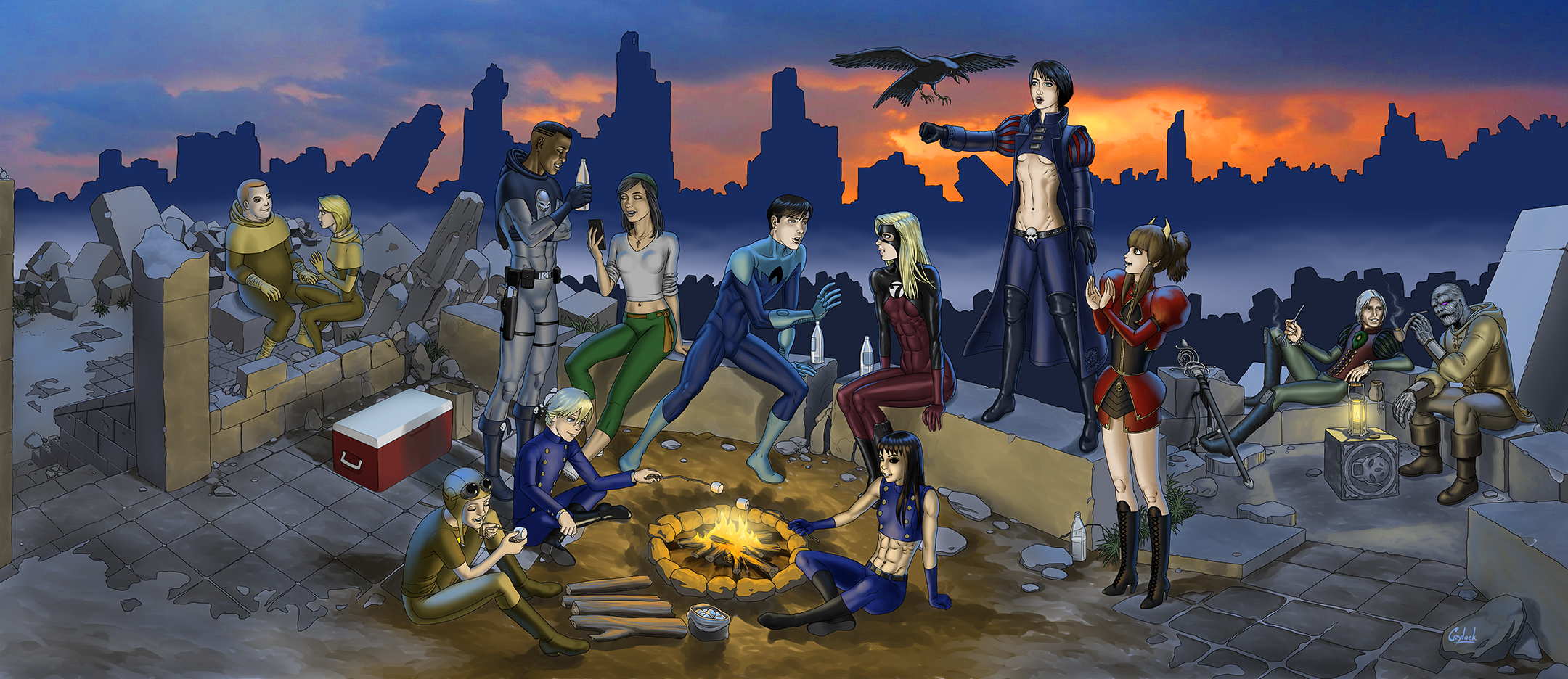Since about 1980, when Evangelical Christians first began moving into politics, their agenda has been clear. They want to overturn Roe v Wade, crush gay rights and the rights of women, turn the civil rights clock back a few decades, restore biblical values to society, and force the entire country to abide by their interpretation of biblical law. In effect, they want a theocracy.
They have been working tirelessly and insidiously toward this goal for decades. They represent a significant percentage of the Republican party, and have twisted its goals to their own ends. Despite their declining numbers, their machinations have borne fruit. It looks like, with their domination of the Supreme Court, they are about to achieve their dream.
What will the new American theocracy look like? Try for a moment to imagine it. The biblical laws themselves will be horrific, and will result in the persecution of women and gay people, and force millions to live in terror and misery. Many will die. But as we’ve seen from the far right lately, those laws won’t be the end of it. Every Ultra-Conservative bias will also become law, and then there will be laws to facilitate enforcement of the new laws, and increased punishments for breaking them.
It’s not like we haven’t seen Christian Theocracies before. Our nation was founded by people trying to escape religious persecution in Europe. It was the totalitarian rule of the Church that made the Dark Ages so dark. Theocracies always end in persecution, injustice and tyranny.
I doubt that even the American Evangelicals who have been working so hard to achieve it have fully considered what their lives will be like under their regime. This is one of the reasons why I have spent more than ten years creating my graphic novel Dei Umbra: The Shadow of God.
As science fiction does, I’ve built a fictional alternate reality that reveals all the excesses of a Christian theocracy, extrapolated to their inevitable result, and imposed on a modern society. It is presented as subtext; it’s the backdrop of a far less grim story about teenagers with psychic powers and super-evolved dinosaurs. But as the tale’s protagonist gets caught up in the toils of the Church, the reader will notice subtle details of the Church’s doctrine that are familiar as right-wing talking points in the real world.
The closer we get to the American Theocracy, the more relevant Dei Umbra becomes.
Until I find a publisher for this graphic novel, it’s available to read for free on my website! www.crylock.net
